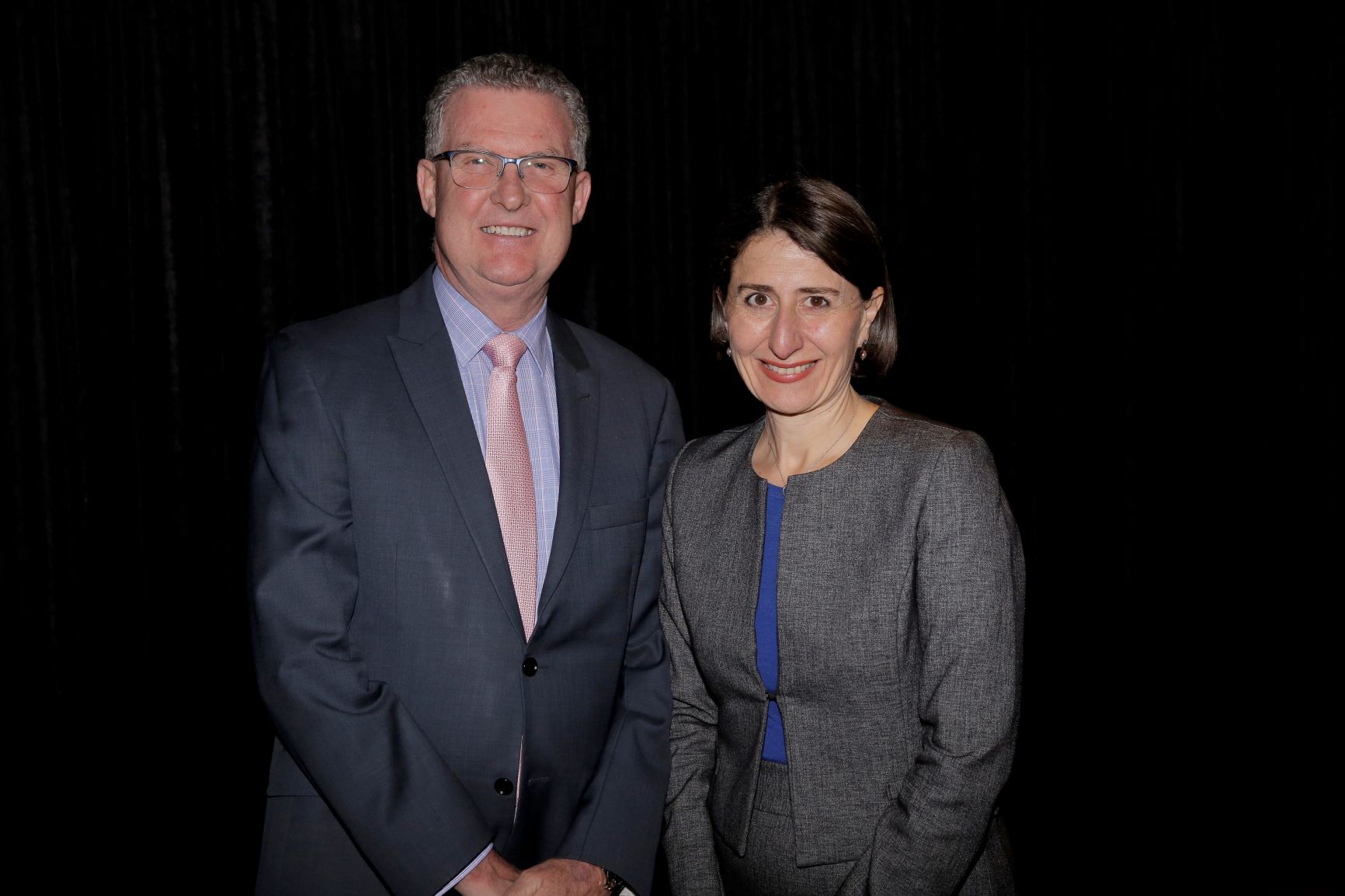
Want Loyalty? – Get Your Guests Positively Emotional!
Oh… what a feeling!
Whether this expression comes from Irene Cara in Flashdance, Bad Boys Blue, Van Morrison, Solomon Burke, The Everly Brothers or Crowbar, the concept of ‘Feelings’ and how they move people in all facets of life is really something to sing about! Joy! Excitement! Anger! Anxiety! Confusion, Clarity? Feelings? What role do these and other feelings play in the world of hospitality?
Better yet, what are the emotions of service that cause those feelings and what kinds of emotion does service, good, bad or indifferent, cause in guests? Do we even want guests to get emotional about the service we are offering? Or, would we rather they keep their emotions to themselves and let us just do our jobs? How critical are emotions to the success of any one hospitality experience and can they actually be defined and managed, by employee or guest, for the desired outcomes? Can they be contagious?
In many cases, we are taught not to get too emotional and that showing emotion can be a sign of weakness or lack of control. Why are so many people afraid of emotions? It may be true, that being too emotional can disrupt clear thinking or appropriate behaviour but pure emotion can also produce the most memorable feelings and in turn, experiences that matter. In fact, most strongly held beliefs, especially loyalties, are developed in the emotional centres of the brain, not the logical areas! Experiences that generate positive emotions get the best reviews, result in repeat and referral guests and increase the bottom line of profit. Understanding how to orient employees to relate to, understand and inspire positive guest emotions and to better manage their own emotions as part of that process is an intriguing and powerful guest service strategy.
Jeanne Mills, newly elected president of Les Clefs d’Or, USA, the nation’s only and top association of professional hotel concièrges, and chef concièrge of the MGM Grand in Las Vegas, says, “I always tell my team that at the end of the day, it’s how you make people feel that matters most. It’s more than just a paycheck.”
One of my colleagues recently embarked on a two week Mediterranean cruise to celebrate major milestone birthdays for she and her husband as well as their 25th wedding anniversary. To honour my colleague and these three very significant events, I contacted the reservations department to arrange for a special amenity to greet them when they boarded the ship. My first contact was by email to find out how to handle the arrangements where I learned that the cruise line was confident their Signature of Excellence would surpass my expectations. Before I even made the phone call, I was pleased to know that they planned to surpass my expectations with this simple step. I was happy!
I made the call and told the agent who answered about my dear colleague and her three very special events. I was excited and could not wait for her to help me decide what to give them, especially with that promise of “Excellence!” Her immediate tone was aloof, disinterested and perfunctory. She asked me what I wanted to send. I was still excited about surprising this guest and her husband so once again, repeated the three events and asked her what she would recommend.
She offered very few options and asked me to choose. My excitement started to diminish and my frustration began to build. I really had to push to come up with a creative option, champagne and chocolate covered strawberries and get her to ensure those would be delivered. At no point did she take initiative, share my enthusiasm or appreciate the extra dollars I was sending to the cruise line. Next, we had to draft the message. I still remember the pain of those moments.
As I expressed heartfelt emotion for the message I wanted to convey, she became annoyed and told me I had too many letters and that I must shorten it. She pulled the rug of excitement right out from under me and let me fall on my face. She offered no suggestions or guidelines on how much space I had in the first place so I was just throwing things out and hoping they would fit. I finally figured it out and felt sad about the happy message I had created. I had to ask her to confirm everything to me and read it back. Once again, she did not offer to do anything to make my exceptional effort feel exceptional. Her attitude left me feeling annoyed, disappointed and inconvenienced and her signature was anything but excellent.
And, to top it off, when my colleague returned, I found out she got the champagne, got the note… but did not get the chocolate covered strawberries. My emotional dismay continued, thanks to one very uncaring employee. This agent caused feelings of frustration, displeasure, anxiety and anger when I started out at the complete opposite side of the emotional spectrum. This employee’s emotions were nonexistent! Imagine what a happy and excited attitude on her part could have accomplished, addressing exactly the same situation.
All of us, are emotionally driven to want to form relationships. Hospitality experiences are built upon a series of relationships at each touch point of the guest experience. Each point of contact, each touchpoint, can make a guest feel a certain way. They want to feel happiness, relief, relaxation, excitement, trust and so many other emotions when they choose any one hospitality environment. They don’t want to be upset or even feel neutral when they spend their leisure or business dollars. They want to have their expectations satisfied and surpassed and that will greatly be based on their emotions. The littlest things can exceed expectations and trigger positive emotions.
In another setting, I needed to return a rental car. I was faced with needing to drive an extra hour, even though there were closer offices, in order to avoid a steep drop off charge. It was going to add great inconvenience to my already stretched schedule.
I had tremendous anxiety over needing to make this drive and meet the deadline so I dropped in this rental agency’s local office to plead my case. The agent recognised my anguish and stress and said she would see what she could do. Just that effort and empathy alone, made me “feel” better. She recognised that I was a very loyal customer which made me “feel” appreciated. She also noted that what I was asking was actually not that unreasonable and she made the appropriate adjustments so I could return the car there without the additional charges. She saved me time and money and she made me feel so much better. My emotions were relief, appreciation and even more loyalty to a company and location for they way in which they recognised my feelings and how they could impact them.
According to Paul J Zak, a professor at Claremont Graduate University, who is noted for his work in “neuroeconomics”, an emerging field that combines economics with biology, neuroscience and psychology, oxytocin is the key. Zak wanted to go beyond understanding how we make economic decisions and explore why we do what we do. Thanks to Zak, oxytocin, the hormone known for creating the intense bond between mothers and their babies, is now recognised as the stimulant of empathy, generosity, trust and more. As recently published in the July/August issue of Fast Company, Zak articulates that oxytocin is “the ‘social glue’ that adheres families, communities and societies and acts as an ‘economic lubricant’ that enables us to engage in all sorts of transactions.”
Imagine harnessing the power of oxytocin in guest experience management! This concept of what triggers emotions and feelings and what compels us to make decisions based on what triggers those emotions can be a powerful strategy to explore for any hospitality environment. By better understanding what specific emotions drive loyalty and what employees can do to recognise those emotions, hoteliers and their teams can deliver better experiences to their guests.
Guests arrive at any hospitality environment in a variety of moods. Some are ready to relax and enjoy, some arrived frazzled from challenging travel mishaps, some arrive with special occasions to celebrate, some have specific business goals and minimal time to do so and some just want to get away and have a respite from their demanding lives.
Each guest and employee moment is an opportunity for feelings to get better, stay the same or get worse. How can hoteliers better prepare and focus themselves and their employees on this emotional subject?
In today’s world of hospitality, loyalty matters. Focus more intently on the sentiments, the desires, the emotions of guests that will drive that loyalty, better reviews, repeat guests, referrals and, in turn, profitability. Focus on employees too to ensure they feel like delivering exceptional service to guests! “People may forget the things you say, people may forget the things you do but people will never forget the way you make them feel.”
Roberta Nedry
Hospitality Excellence Inc
Roberta Nedry is president of Hospitality Excellence Inc, leaders in guest experience management. Ms Nedry has developed a unique 3D Service methodology to take guest service to the next level. Her firm focuses on guest, customer and client service, the concièrge profession and service excellence training for management and frontline employees. To learn more about Hospitality Excellence programs, exceptional service and the new 3DServicesm Online training program – a New Dimension in Service Excellence, visit www.hospitalityexcellence.com. Ms Nedry can be contacted at [email protected]
Printed with permission from Hotelexecutive.com and Roberta Nedry, president, Hospitality Excellence Inc.

AccomNews is not affiliated with any government agency, body or political party. We are an independently owned, family-operated magazine.






